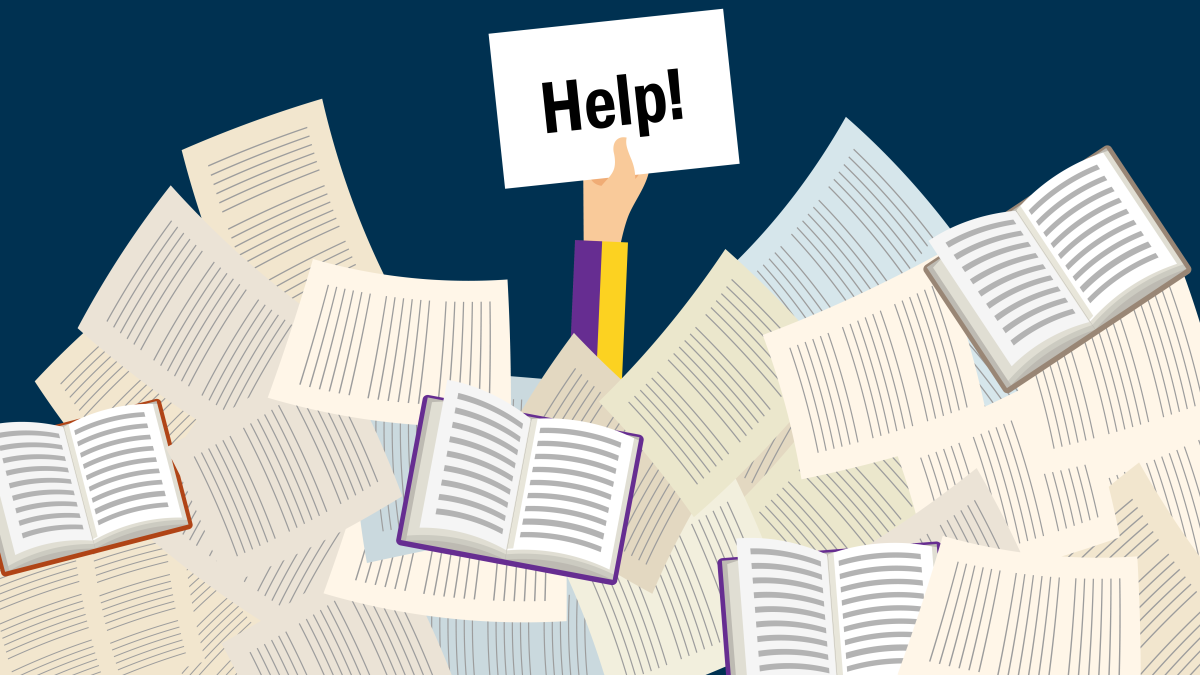When you suffer from an uncommon mental health disorder, it’s important to advocate for others with that disorder who are uncomfortable openly speaking about it.
Mental health disorders like anxiety and depression are celebrated by advocates, but typically other, lesser-known mental health disorders, like panic disorder, go undiscussed.
Panic disorder is often recognized by chronic and generally frequent panic attacks.
I was recently diagnosed with panic disorder, but prior to being diagnosed, I hadn’t heard of it.
The Anxiety and Depression Association of America says about 2-3% of Americans experience panic disorder in a given year.
Scotland’s National Health Service says that people with panic disorder regularly have panic attacks, but the frequency of the attacks depends on the person. Some people have panic attacks multiple times a day and others once a month.
For me, the number of panic attacks is sporadic, but when I’m really stressed, I normally have at least one attack a day.
The website also says if panic disorder is left untreated, it can become a very debilitating and isolating illness.
I find panic disorder to be extremely debilitating at times, causing me to be unable to attend class or go to work. While I know there are many others that suffer from anxiety, I sometimes feel alone in the sheer frequency and severity of panic attacks that I suffer from.
Anxiety attacks and panic attacks are very similar experiences, but a panic attack is usually more extreme and occurs for no reason, whereas anxiety attacks are usually caused by a stimulus.
An extremely harmful outcome of untreated panic disorder is the development of agoraphobia.
Scotland’s National Health Service defines agoraphobia as a strong fear of being in situations where escape might be difficult and/or help wouldn’t be available if things go wrong.
Agoraphobia can make someone incapable of leaving their house at all, which is why it is important to treat the panic disorder as soon as it’s noticed.
Panic disorder’s main treatments are therapy and medication. Therapy for panic disorder usually takes the form of cognitive behavioral therapy.
The National Institute of Mental Health says cognitive behavioral therapy teaches how to think, behave and react in different ways toward the thoughts and feelings that preface a panic attack.
Continued use of this type of therapy can lead to fewer panic attacks and better reactions to attacks.
The other type of treatment is medication, mainly the use of antidepressants and anxiety medications.
The most common antidepressants used to treat panic disorder are selective serotonin reuptake inhibitors, which increase the level of serotonin in the brain, according to Scotland’s National Health Service.
With the use of cognitive behavioral therapy and medications, panic disorder can be managed, but living with it can still be a struggle.
It’s more of a struggle if you feel alone, which is why I find it beneficial to share my experiences so others with similar experiences can feel comfortable in themselves.
Kate Beske is a 20-year-old mass communication sophomore from Destrehan.








